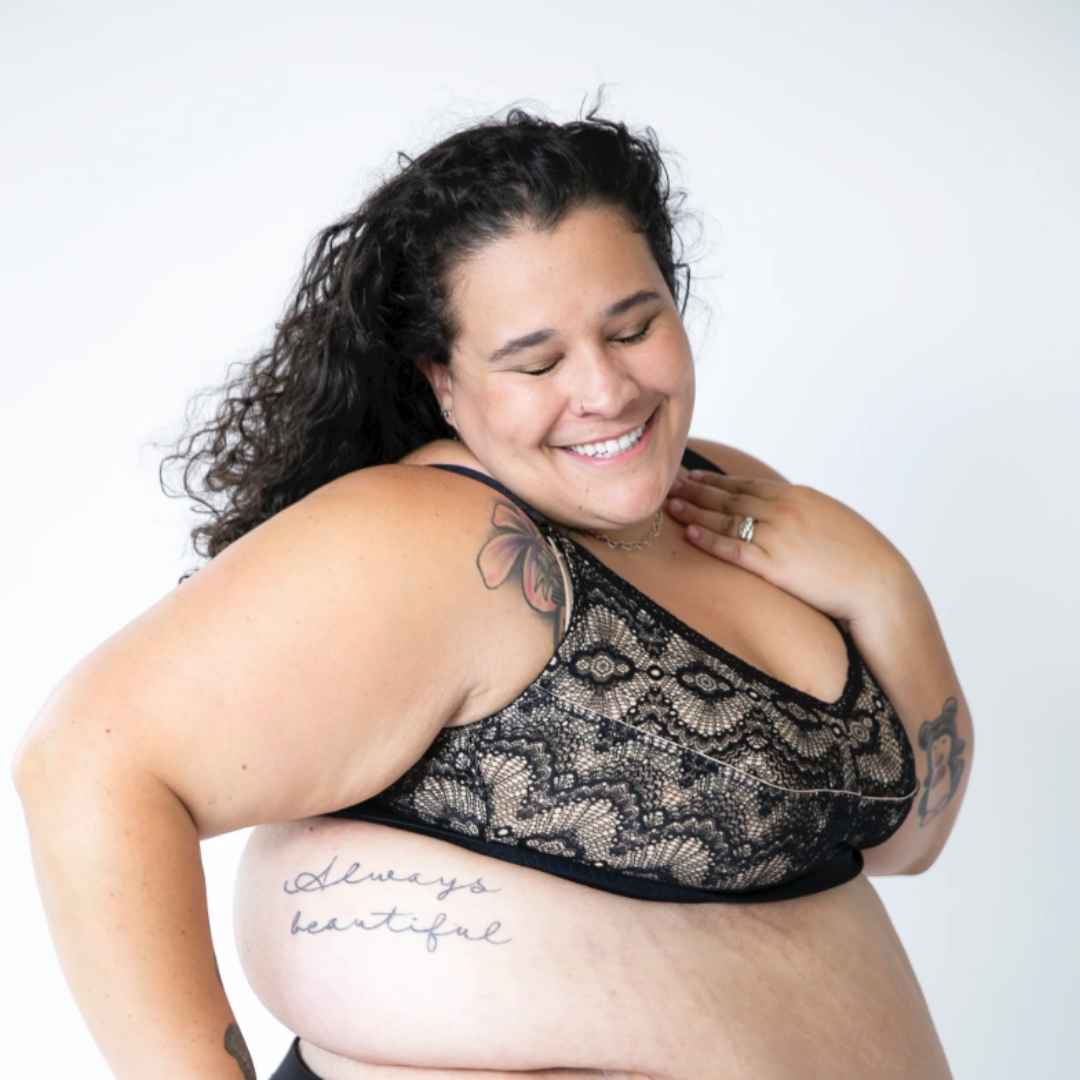It has been shown over and over again that human milk offers a variety of benefits to both new moms and their baby’s health, especially in the early days of a baby’s life, and it continues to add up the longer you can stick with it.
However, as most things go, there is now the next level of debate on what is the best way to breastfeed. At the end of the day, finding a way to meet your baby’s needs is going to be the best choice for you and your baby, but let’s break down whether or not pumping is considered the same as breastfeeding.
What is Pumping?
So what is pumping? Pumping is when you use something such as an electric breast pump or manual pump to remove milk from your breasts. After each pumping session, you will need to have milk storage bags on hand until you need to use them to feed your baby. Some moms choose to use exclusive pumping as their preferred method to feed their babies either due to their schedules or sometimes even out of necessity. You can check with your insurance company to see if you are eligible for a free pump, as many will cover a basic breast pump.
Pumping does help to keep a good milk supply as you can determine the time of day as well as the number of times that you will be pumping. Pumped milk is also easier to track accurately regarding how much you pump each time, as well as how much your baby consumes at each feeding. This provides a good way for you to communicate with your child care provider about how much milk your baby consumes throughout the day.
The downside to pumping is that you do carry pump parts that will need to be cleaned with soapy water between each pumping session and sterilized once each day, as well as how much time it can take versus feeding directly from the breast.
What is Breastfeeding?
Breastfeeding is a way for new mothers to give their babies the benefits of breastmilk, either directly from the breast or indirectly by pumping or manually expressing the milk. Breastfeeding, in any form, is a great way to make sure that your baby is getting all of the vital nutrients that breastmilk provides. It has been commonly found to be especially helpful to a new baby that needs to spend some time in the Neonatal Intensive Care Unit.
You may see fluctuations in the amount of milk that you have as your baby begins to grow and change. One of the most important factors is that you want to make sure that you are keeping up with milk production for your baby’s needs. You can do this by ensuring that you completely empty each breast during a feeding, as your milk flow is determined by a supply-and-demand chain. One way to do this is by making sure you allow enough time during either a pumping or nursing session and try not to rush through.
Another factor in breastfeeding is to work on getting your feeding times set up with your baby’s caretaker so that they are not overfeeding the baby while you’re gone and then you struggle to get your baby to nurse when you get home. This can end up causing a low milk supply if not straightened out. It is best, especially in the very early weeks of breastfeeding, to have your baby breastfeed every 2-3 hours.
While it might be a bit more difficult once you return to work, you want to try not to get caught looking at the clock when determining the best time to breastfeed, as your milk supply will be the most sufficient when taking its cues directly from your baby’s needs.
Deciding What’s Best For You and Your Baby
The American Academy of Pediatrics strongly believes that breastfeeding is the best way to meet your baby’s nutritional needs. When you are expecting is the best time to not only learn more about breastfeeding but also to begin building your support system to help you and your baby throughout the journey. You can always reach out to your baby’s pediatrician for more information, or you can also look into a private choice, such as lactation experts. (An International Board Certified Lactation Consultant would be a great resource!). You can also typically find local support groups of moms who have either breastfed in the past or who are currently breastfeeding and can have invaluable information coming from a direct source.
The most common reason that many women struggle with breastfeeding is not having enough support when they really need it. It's also important to remember that if you end up bottle feeding your baby with formula or if you need to supplement due to struggling with making enough milk, as long as you are doing what’s best for you and your baby, then you are doing a great job, momma!







Leave a comment
All comments are moderated before being published.
This site is protected by hCaptcha and the hCaptcha Privacy Policy and Terms of Service apply.